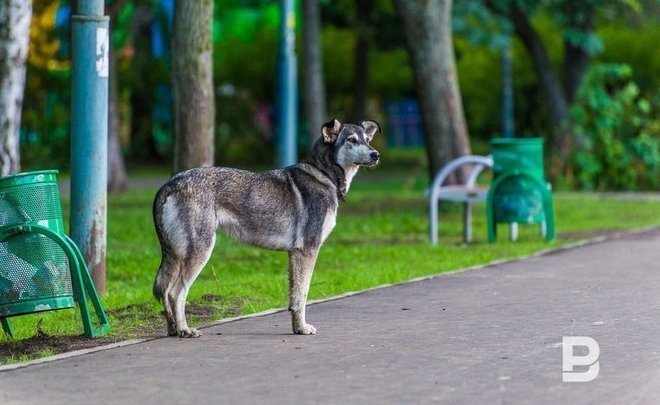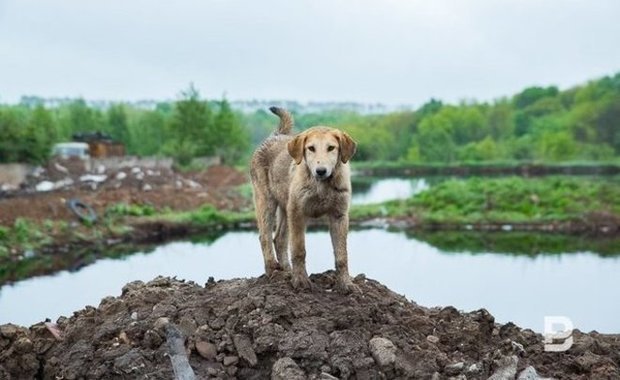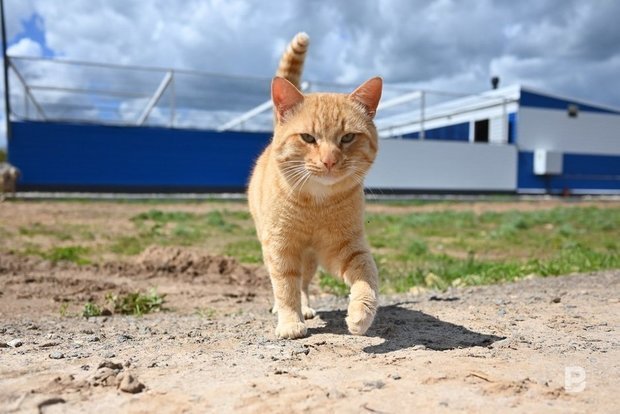‘Self-walking is dangerous for the domestic animal itself’

“If dogs attack, it's people's fault”
The other day, State Duma Deputy Alexander Spiridonov took the initiative to introduce fines for pet owners who send pets for self-walking. According to the idea, unsupervised dog walking is equated to leaving an animal on the street.
The deputy is convinced that “only systemic norms can discipline civil society”:
“The installation of video cameras on the roads and an automated system of fines for traffic violations helped to reduce the number of accidents and influenced driving culture. By the same principle, it would be right to impose control over the owners of dogs and, first of all, to deal with the causes of the appearance of stray animals on the streets.

According to the respondents of Realnoe Vremya, people are responsible for cases of dog attacks:
“People are responsible for any situation that happens to animals. If dogs attack, it's people's fault.
“When a person acquires a pet, he must be responsible for it, it's like his child. The dog must have a leash, there must be a muzzle with which it walks.
As for stray animals, respondents noted that in this case, the city administration and the former owners of pets who left them on the street are responsible for attacks on people. They agreed that in order to reduce the number of such incidents, it is necessary to resolve the issue at the legislative level:
“In any case, the animal lives by instincts, so it is probably necessary to work out a general law from the point of view of the whole country. Certainly, terrible cases happen.”
“Extremely uncomfortable situation”
As Daria Raek, the manager of dog-friendly environment development in Tatarstan, noted in an interview with Realnoe Vremya, the introduction of control over the form of keeping pets at the state level is necessary. However, in her opinion, it is wrong to influence the owners of animals with a system of fines.

The owner should not let the pet go on self-walking, says Raek. The owner must always be present next to the animal for the safety of others and the pet itself.
“Self-walking is dangerous for the animal itself, and equally for both dogs and cats, and can be very uncomfortable for people who feel uncomfortable in the presence of animals. We understand that if a pet walks without an owner and it is quite contact, then the pet can approach with an absolutely positive attitude, a desire to communicate, a desire to be caressed. However, if a person is afraid of dogs, for example, then it will be an extremely uncomfortable situation for him," the interlocutor of the publication stressed.
As for dog owners who, for health reasons, cannot “fully walk” their pet, they “need to look for options.” For example, ask neighbours or relatives for this service.

Cats, according to Raek, do not have to be walked, which will be confirmed by veterinarians. For these pets, “it is possible to organise space and exclusively home maintenance”.
“When we get an animal, we have to think through the moments of responsibility, how we will serve it at any given time," said the expert. “There are often situations when children get an animal to an elderly relative without asking them. Here we understand that the animal will live for a very long time, it is very active, and you need to actively interact with it.”
The dog-friendly environment development manager also touched on the topic of rural settlements, because, according to her, especially “the problem of self-walking is characteristic of the private sector”. She believes that it is necessary to develop a “proper programme” for registering animals and convey to the owners the value of such innovation.
“If we can explain to people why it is important, why it is important for animals, why it is important for their neighbours, and if people do it not from under pressure, but really consciously, then, I think, further adoption of the law limiting and fining for self-walking will be quite possible for execution by any resident. Regardless of where he lives," explained Raek.

She also added that specialists in the field of animal treatment — for example, animal rights activists — should be involved in the development of such bills.
“People who have really tried a lot of things in their lives in practice always know how to talk to people correctly in order to convey problems to them and to solve these problems. I think it is necessary to take the practice of organising working groups and drafting bills concerning pets and animals without owners. It has its own specifics, which for a person from the outside, a person not immersed, will not always be visible and obvious. If we start to unite and work it out deeply, not to look at the situation superficially, it can all be very effective and start working as soon as possible," Raek stressed.